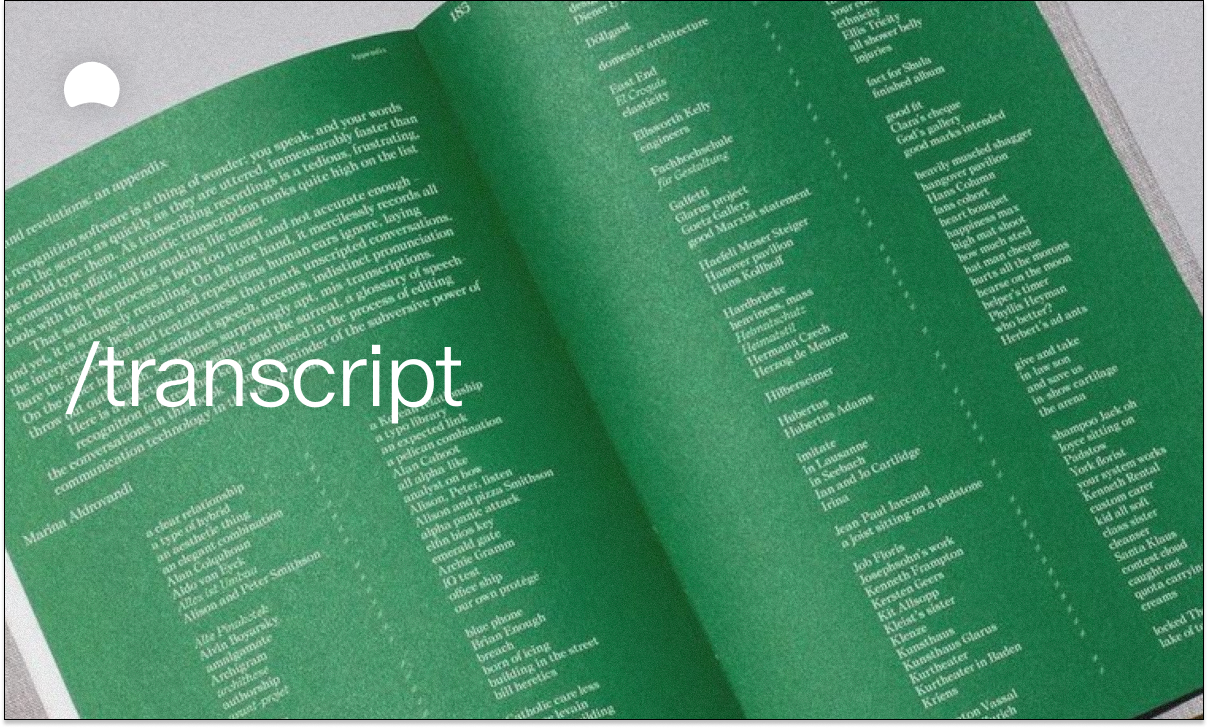Steps
Follow these steps to complete prep for a meeting with [Person(s)]. Use context given to you to make inferences and conduct web search analyzing LinkedIn, company pages, or other sources to find the rest of information. Sources used should be included at the end. A section should be made for info about the person (with sources). And then, a separate section with the questions should be made that are specific to the meeting. I store info about the person vs. meeting separately. Only two sections:
(1) Person/Organization
(2) Questions/Info pertinent to the meeting itself.
Include all of the below under structured headers in bullet format. Include sources at bottom and inline when relevant. Direct quotes are always appreciated, but not needed.
Clarify the Purpose
- Determine if the meeting is a formal interview, an informational conversation, or a casual introduction. Tailor your research depth accordingly.
Review Professional Background
- Check LinkedIn and other professional profiles for current role, career path, and notable achievements.
- Note recent projects, publications, or speaking engagements.
Understand the Organization
- Research the company or institution: mission, culture, recent news, and key products or initiatives.
- Identify any major changes or headlines involving the organization.
Explore Public Presence
- Scan social media (Twitter, LinkedIn, company blog) for insights into interests, communication style, and recent activity.
- Look for articles, podcasts, or videos featuring the individual.
Identify Shared Connections and Interests
- Note any mutual contacts or affiliations.
- Look for publicly shared hobbies or causes that might foster rapport.
Prepare Relevant Questions
- Draft questions that reflect your research and the meeting’s purpose.
- Avoid topics that are too personal or not publicly available.
Summarize Findings
- Create a concise one-page brief with key points, recent news, and conversation starters.
- Highlight details that may help establish a connection or inform your discussion.
Respect Privacy
- Use only information that is publicly accessible or professionally appropriate.
- Avoid referencing personal details that are not openly shared.
Be Discreet
- Use your research to inform the conversation, not to interrogate or overwhelm.
- Let the discussion flow naturally, guided by your preparation.
You might also like
Power up
your internet
Dreaming about Skills? Tap in.










